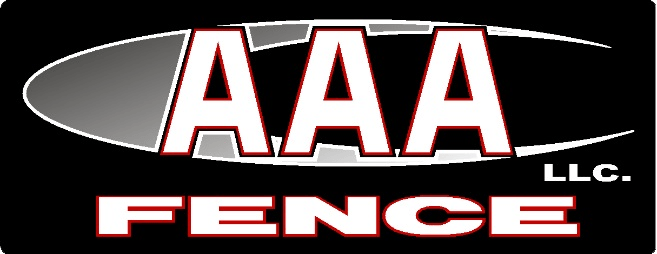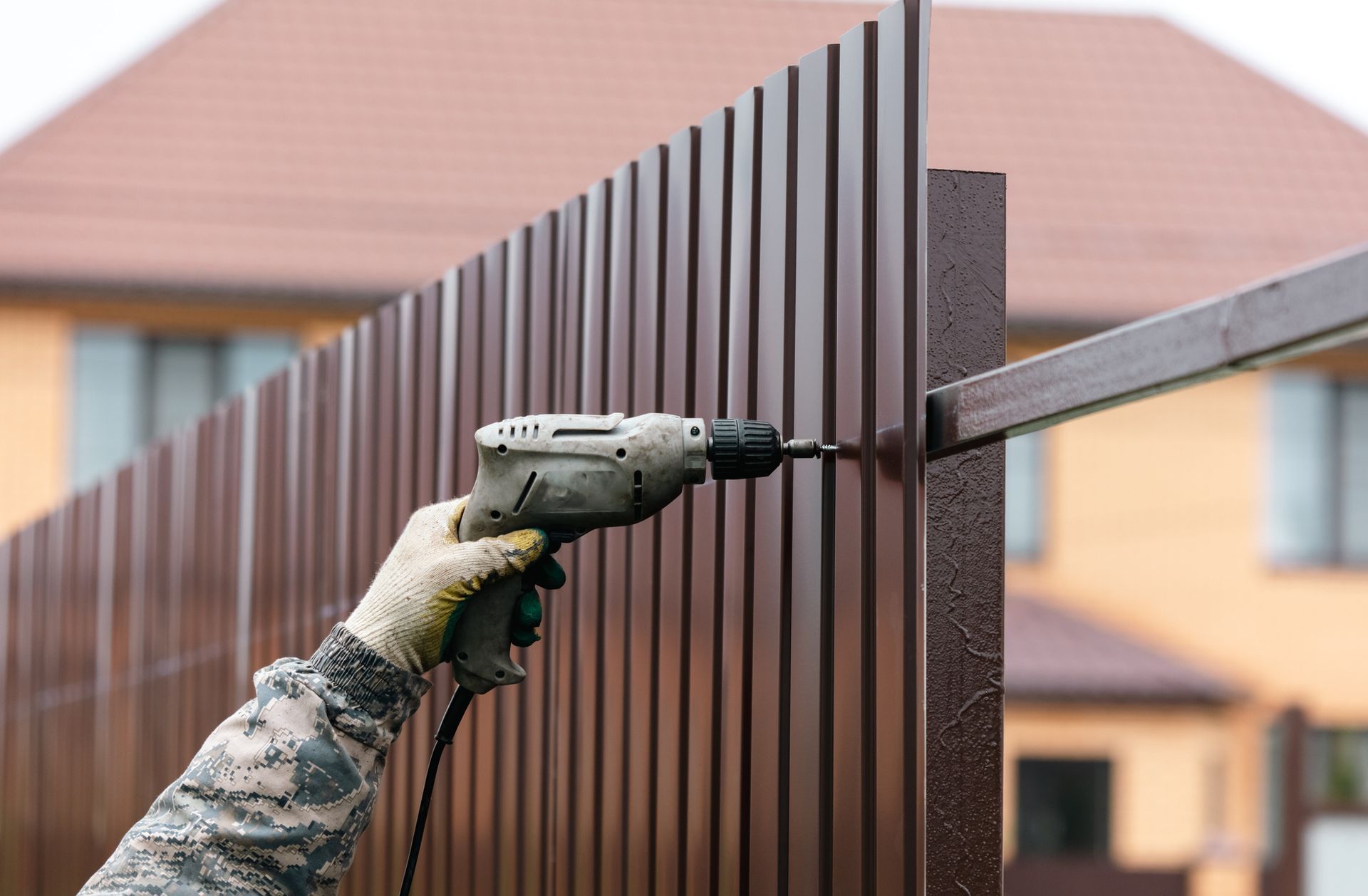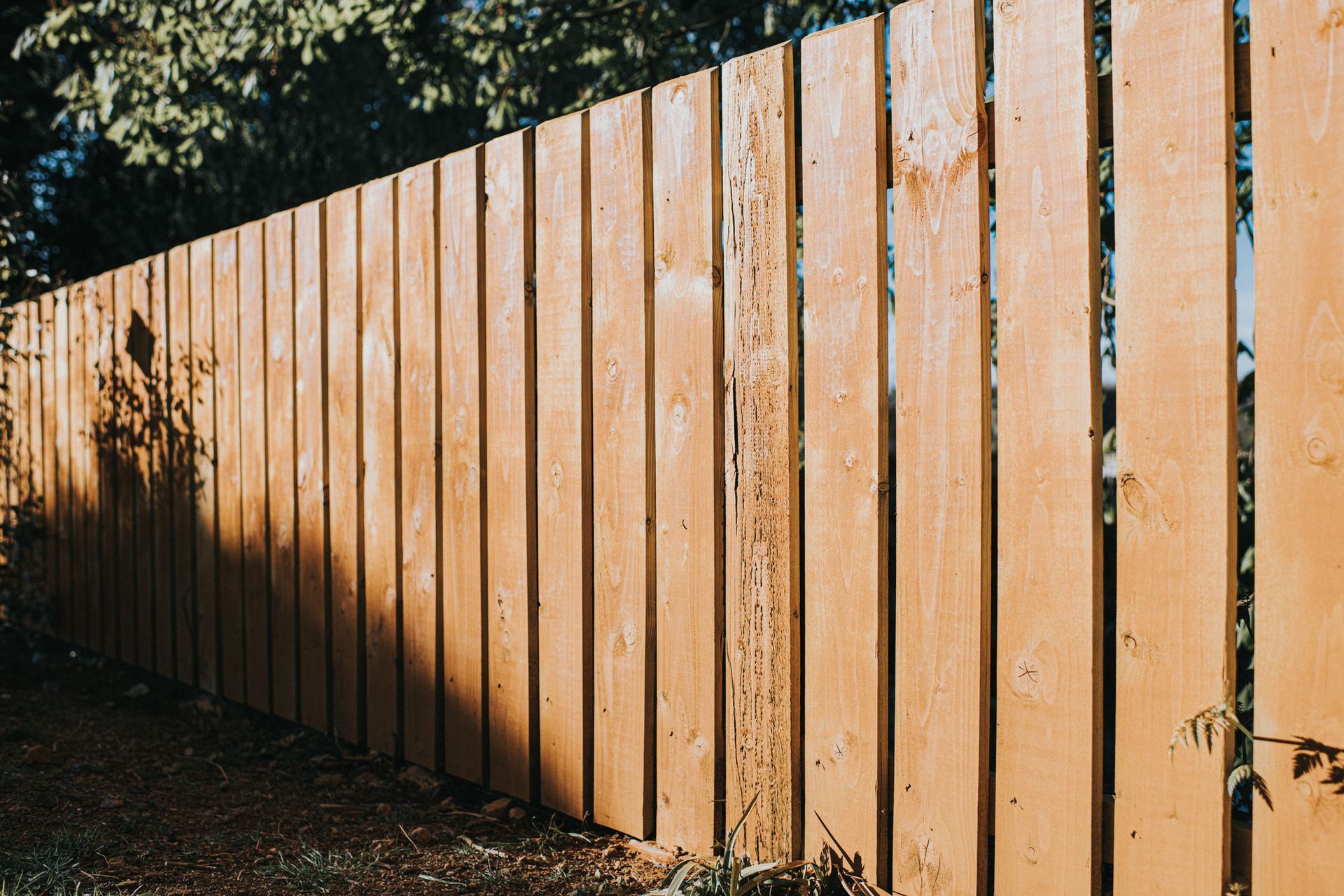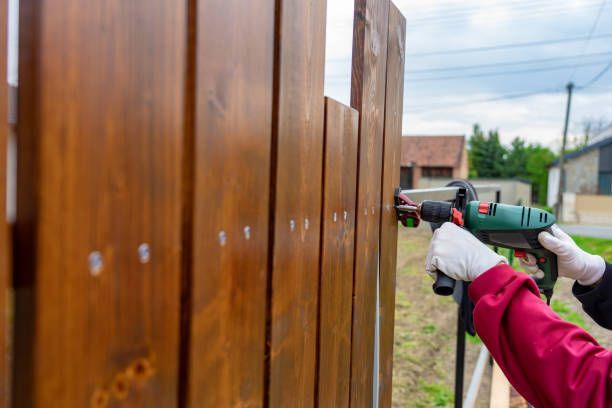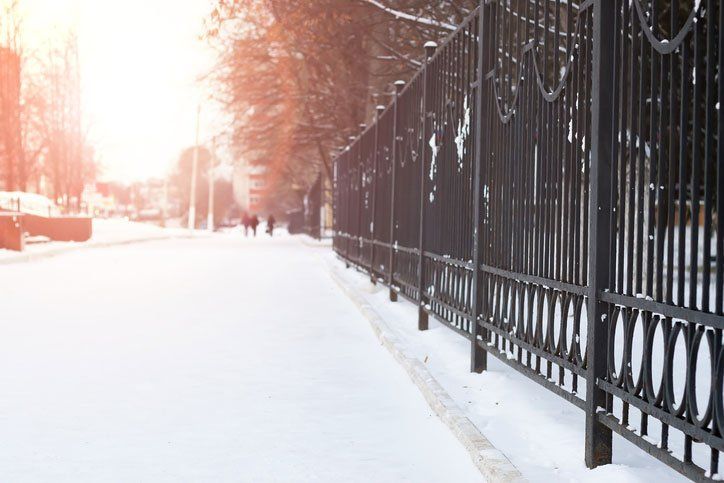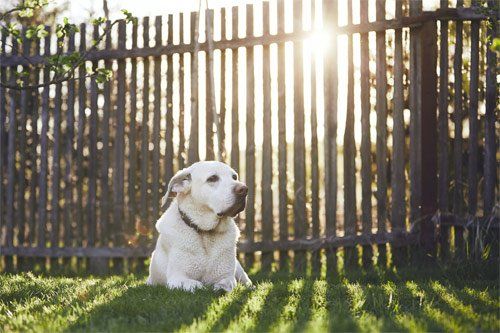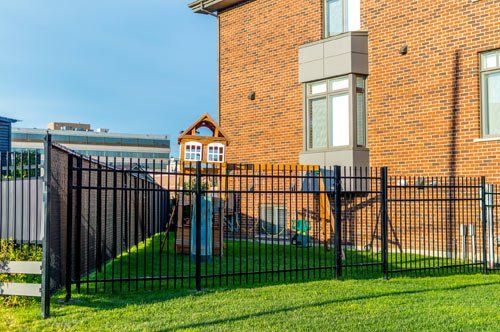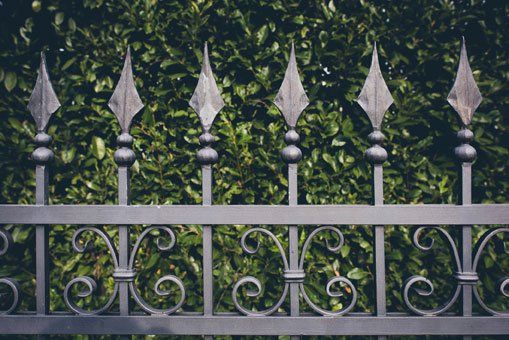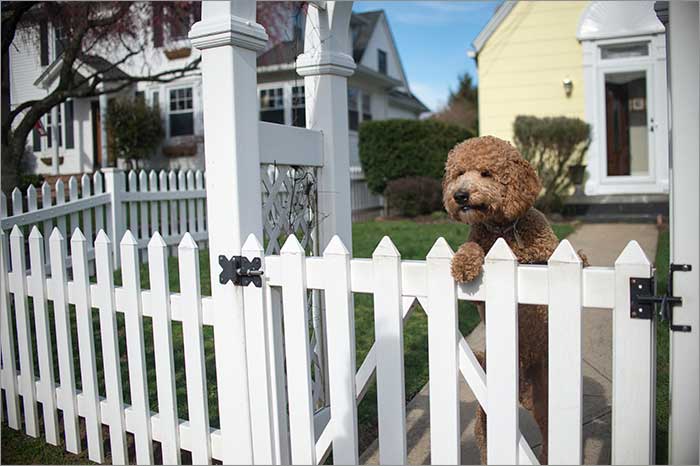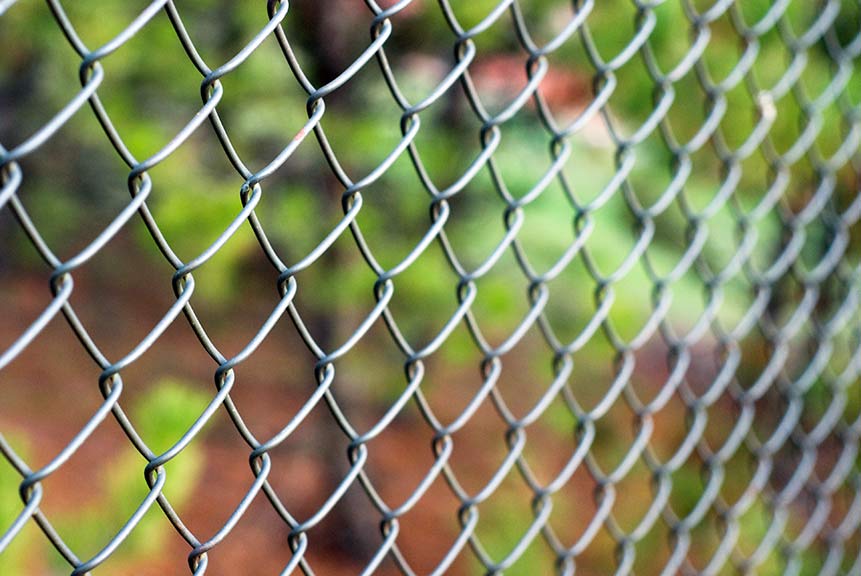Is Wood Fencing the Right Choice for Your Horse Pasture?
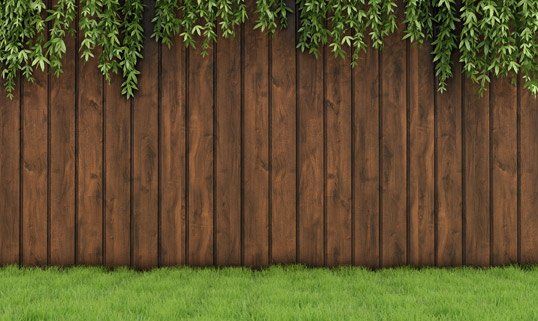
If you are going to build a horse pasture, whether for one backyard pony or for an entire facility of show horses, wood may be one of the first fencing materials you consider. Wood has been used by horsemen for centuries, and indeed, it is a smart choice for many equestrian facilities.
However, there are times when wood is not the most suitable choice for your needs or for the needs of your horses. Below, you'll discover the primary advantages and disadvantages of wood as a material for pasture fencing.
Advantages of Wood Fencing for Horse Pastures
Wood offers many other advantages to horsemen aside from a classic appearance that coordinates well with many barns.
Permanent and Strong
Most thunderstorms and winds are no match for wood fencing. Unlike electric tape fencing, another popular fencing option, it won't come down in a harsh storm. Also, if a horse bumps into the fence or someone taps it with the lawnmower, the fence will usually remain intact. In the long run, this strength will save you time since you won't need to mend the fence as often.
Easily Seen
Other popular equine fence options, like electric wire, are not always easy for a horse to see. A spooked or high-strung horse may barrel right through the fence, leading to injuries. People may also walk into such a fence if they are not paying attention. But you can't miss a wooden fence, and neither can a horse.
If you have young or green horses who are not used to being turned out to pasture, wood fencing is a material they will typically respect.
Straightforward to Mend
Wood fences do not last forever and they do require some maintenance. But that maintenance is easy to perform with basic tools. If you can swing a hammer, you can nail a popped-off board back on. Applying stain or waterproofing agent to the fence is easy, too. Vinyl fencing, by comparison, is difficult or impossible to repair on your own.
Disadvantages of Wood Fencing for Horse Pastures
For the majority of horse owners, the pros of wood fencing outweigh the cons - but there are situations in which wood can be a poor or dangerous choice.
Inviting to Cribbers and Wood Chewers
If you have cribbers in your herd, they will gravitate towards the wooden fence. This is not good for the fence or for the horse. Obviously, horses who chew wood as a vice will destroy a wooden fence, too. These horses may be better off in an electric fence enclosure.
Dangerous When Broken
Wooden fences do not break that easily, but if a horse crashes into the fence at high speed, the board may crack, leaving sharp shards that could cause an injury. If you have stallions or very high-strung horses who have been known to charge a fence, wood may not be a smart choice for this reason. Such horses may be more respectful of electrified, high-tensile coated fencing.
Requires Maintenance
Although maintaining a wood fence is pretty straightforward, it does take time. If your goal is to create a horse facility that requires as little maintenance as possible, vinyl fencing may be a better choice - assuming you don't have any horses that will crash through it on a regular basis. High-tensile polymer fencing also requires less maintenance than wood, though it lacks the natural appearance.
Ultimately, it is up to you to choose the best fencing material for your horses. Wood is a great option, unless you have a cribber, a horse who charges fences, or a need for very low-maintenance materials.
If you're looking for wood pasture fencing
in the Grand Rapids area, contact AAA Fence LLC. We offer free estimates.
